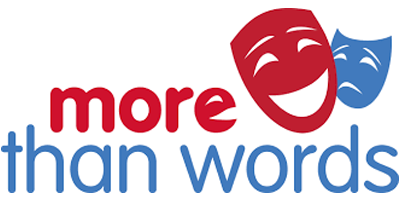Funders & Supporters









We all have busy minds – it's part of being human. For young people especially, their minds can feel full of constant thoughts: things that have happened, things that might happen, what others are thinking, and what they should be doing. While we can't clear the mind completely, we can help it feel more manageable.
The brain processes around 60,000 thoughts per day. Most of them come and go quickly, but some stick – especially worries. We often think about the past (ruminating) or the future (worrying or imagining). This is completely normal, but it can leave a young person feeling overwhelmed, anxious, or distracted.
The brain is doing what it's built to do – scan for danger, make predictions, and keep us safe. But in modern life, this constant 'thinking' can become tiring.
The prefrontal cortex is the part of the brain that helps us with decision-making, planning, focus, and regulating emotions. When the mind is cluttered with stress or worry, this part of the brain can become less active – making it harder to concentrate, learn, or feel calm.
The good news? Strategies like mindful moments, breathing techniques, movement, and sensory activities help re-engage the prefrontal cortex, creating space between thoughts and actions.
You don’t need to 'empty' your mind – just give it some help. Here are a few ideas that are helpful for young people and adults alike:
Sometimes young people don't need a solution right away – they just need to feel listened to. Letting them talk about what’s going on can be one of the most powerful ways to help. The act of 'unpacking' or 'uncluttering' their mind – even just by naming what’s going on – gives them space to breathe.
We often say: "You don’t have to fix it all, just sit with them in it." That sense of safety, validation, and being heard can be more effective than trying to make things better straight away.
If you'd like to learn more or get support for the young person in your care, take a look at the other blogs and resources on our website. You can also email us at developingmatters@gmail.com or get in touch to discuss workshops, training, or consultations tailored to support young people’s mental health and wellbeing.
back to Articles







